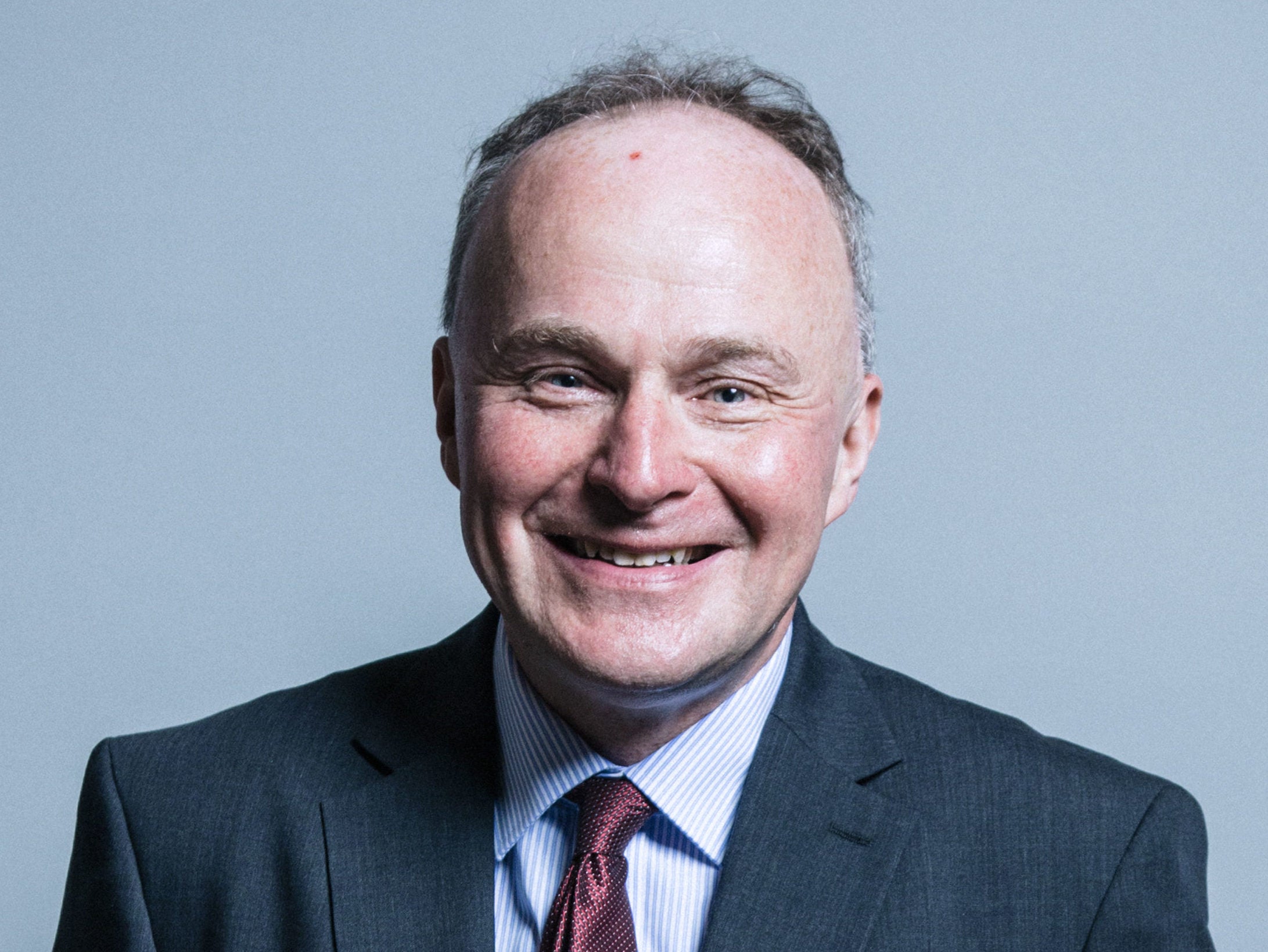
Ongoing cuts to local commercial radio stations across the UK will “add to the serious decline in local news for UK citizens”, MPs declared this week.
However Global Radio, the commercial operator which has made the biggest changes to its local scheduling since Ofcom changed the minimum requirements last year, said it has increased its news team by ten per cent.
In October last year Ofcom reduced the minimum number of locally-produced content hours for local commercial radio stations from seven to three. It also widened the geographical areas in which local content could be made.
An Ofcom spokesperson said this would allow stations to “put more resources into making high-quality local content” by giving them more freedom on how and where they produce programmes in the face of “unprecedented challenges” from digital services and changing listener habits.
Global Radio, which owns Capital, Heart and Smooth, took advantage of the changes to reduce the number of hours of locally-made programming at more than 50 stations from at least ten hours a day weekday daytime, to at least three hours.
The company has already replaced both Capital and Heart’s regional breakfast shows with one national show each hosted from London, while on Smooth the breakfast shows will still be locally-produced but the “drivetime” show will be networked.
The changes have resulted in hundreds of job losses and the closure of 11 local studios.
However the number of local news bulletins will remain the same, running at least hourly during weekday daytime and at peak times on weekends, with UK-wide and international news at other times, Global has said.
Labour MP John Grogan (pictured) tabled an Early Day Motion this week urging ministers to consider strengthening legislation to protect “localness” in radio.
Grogan had support for the EDM from three party colleagues, former journalist and Lib Dem MP Christine Jardine and Democratic Unionist Party member Jim Shannon. At the time of writing it had been signed by seven further MPs.
The EDM says the MPs are “concerned by changes being made within local commercial radio” and that that Ofcom’s changes were “unnecessary”. It said they were “particularly ill-conceived at a time when local radio is thriving with growing audiences and local advertising revenues”.
“This will result in many hundreds of local radio presenters, producers and journalists facing an uncertain future,” it goes on, adding that “the replacement of local voices and programmes with more centrally produced content will add to the serious decline in local news for UK citizens”.
Global Radio has repeatedly said it remains committed to local news.
Global has more than 100 journalists producing bulletins for LBC, Heart, Capital, Smooth, Classic FM, Gold and Radio X, according to the company’s website.
A Global spokesperson told Press Gazette: “Ofcom’s localness guidelines were long expected and allowed commercial radio to compete with the BBC and restructure the way in which we deliver our radio services and to maximise opportunities afforded by the relaxation of the previous rules.
“There has been no change to our local news output – Global’s news team has in fact been enlarged by ten per cent, creating new roles. Thirteen Global newsrooms across the UK now produce 6,000 news bulletins every week – of which more than 5,000 are locally made.
“These local up-to-the minute bulletins – providing local news and information for the area – will continue to be delivered during the day, Monday to Friday, and at peak times on weekends by journalists based in the locality.”
The MPs backed a call for an urgent review of Ofcom’s decision from the Federation of Entertainment Unions and the Local Radio Group, a campaign group set up by local breakfast show presenter Nick Osborne.
Osborne told Press Gazette it was “completely disingenuous” to describe “localness” as a one-minute news bulletin every hour with a travel and weather update.
“There are so many other parts of programming and content that will get lost by these changes,” he said.
“I’m talking about the area’s local football team, the presenter going to local matches, being able to talk about walking around local areas, what they’ve seen, what they’ve done, local events, being able to attend these events on behalf of the station.”
Osborne added that although local news, travel and weather bulletins “seem to be the way that localness is being kept”, these are now being moved to larger regional hubs with the closure of 11 Global studios.
“The newsreaders for specific local licences won’t be working in that local area anymore,” he said.
The Federation of Entertainment Unions has previously said: “The replacement of local voices and programmes with more content centrally produced from London, far away from the communities they serve, will have a detrimental impact on media industries across the UK.”
But Radiocentre, the industry body for commercial radio, has rejected the MPs’ claims and Press Gazette understands it plans to speak to members to correct the claims about local news provisions.
A Radiocentre spokesperson said: “Local news and information are crucial elements of commercial radio output and this will remain the case following the recent changes from Ofcom.
“This commitment to news will continue to be backed up by regulation and ensure that bulletins are produced by local journalists who cover the stories that matter to listeners.”
Picture: UK Parliament
Email pged@pressgazette.co.uk to point out mistakes, provide story tips or send in a letter for publication on our "Letters Page" blog
